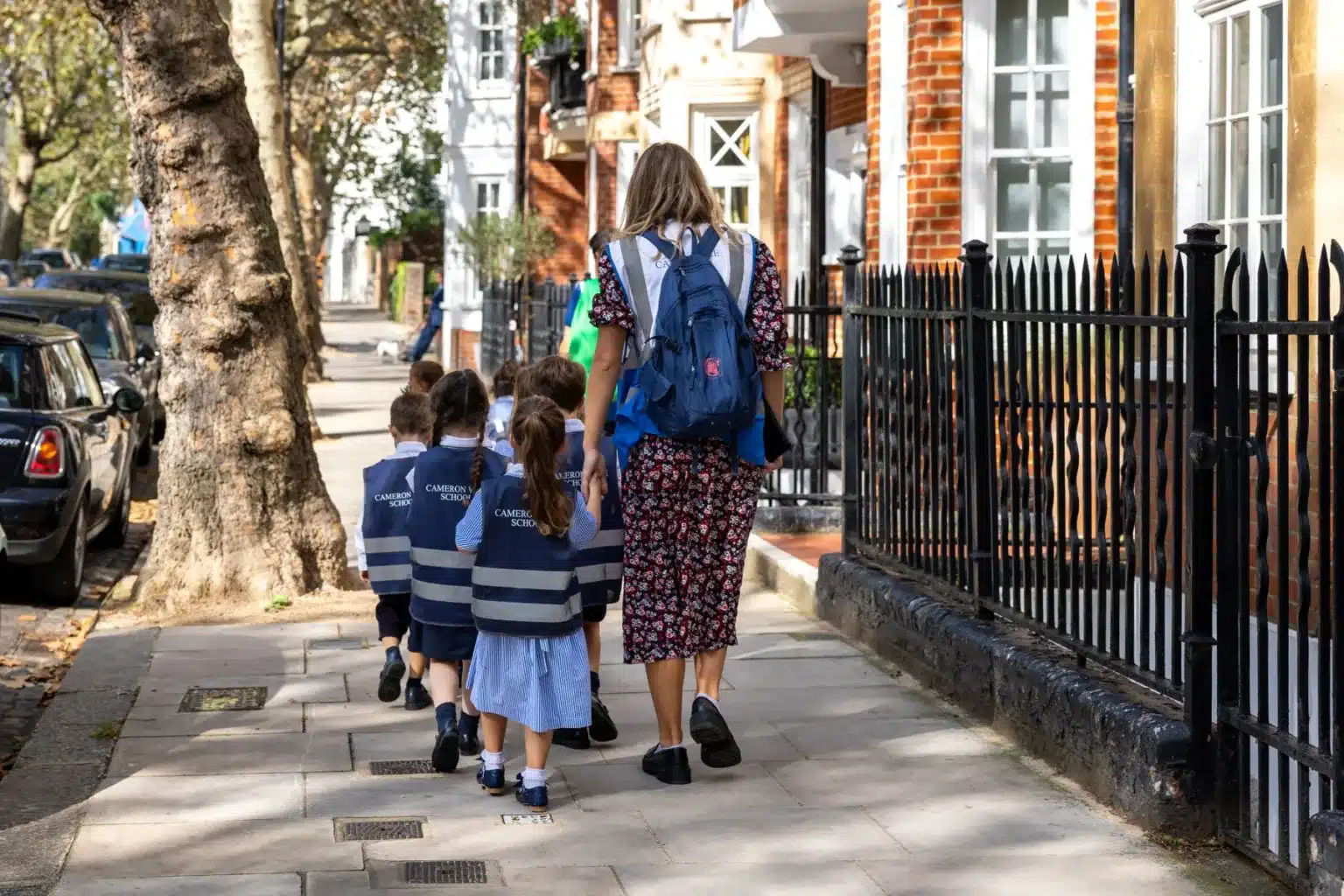Settling in
Taking the big step up from nursery to Big School can be extremely daunting for children, and for parents too. Introducing your little one to an educational setting that’s personal, friendly and welcoming will create a positive approach to education that should last throughout their lives. Smaller schools are less intimidating, calmer, quieter and promote an easier transition from nursery settings. Children report smoother and happier beginnings when there are higher staff-to-pupil ratios and fewer new peers to contend with.
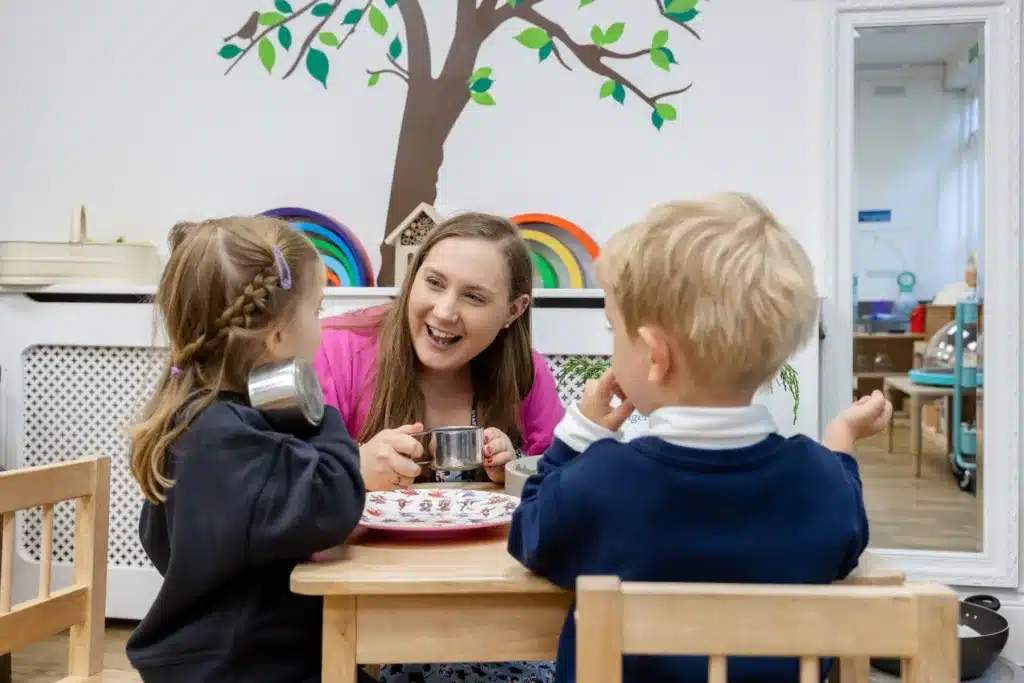
One size definitely does not fit all when it comes to learning, and large class sizes are one of the most common obstacles to children achieving their full potential.. When a teacher is dealing with lots of children at varying stages of development and attainment, it’s impossible for them to cater to each one’s individual needs. In smaller class settings, teachers can give personalised attention to each child to better understand each pupil’s learning style, strengths, and weaknesses, and tailor their teaching methods accordingly, which is likely to lead to improved learning outcomes and ultimately, encourage a lifelong love of learning. Smaller classes foster stronger student-teacher relationships and better peer interactions. Students may feel more comfortable expressing their thoughts and concerns, and teachers can address these issues more effectively. Smaller class sizes also have better classroom dynamics, with fewer behaviour problems and less time wasted on discipline.
Community
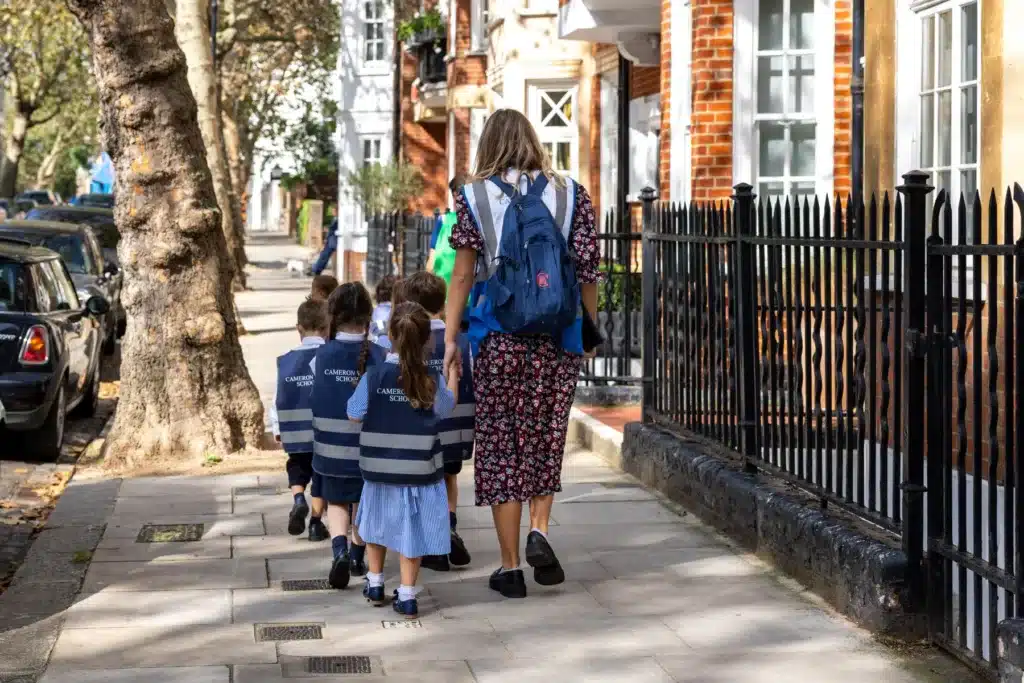
In a small school community, staff, pupils and families will get to know each other intimately, and school can become a real home from home. Alison Melrose, head of Cameron Vale School in Chelsea, which has a total of just 70 children, says: “What sets us apart is our distinctive family atmosphere and nurturing ethos which brings out the best in each child, allowing them to flourish and grow.” In small schools, parents have more direct access to teachers and school staff and communication is simpler, which can facilitate stronger parental involvement in their child’s education. With just one class per year group, Cameron Vale is a warm, happy environment, where everyone is known by name, familiar faces are all around and every child’s successes are celebrated.
Access and resources
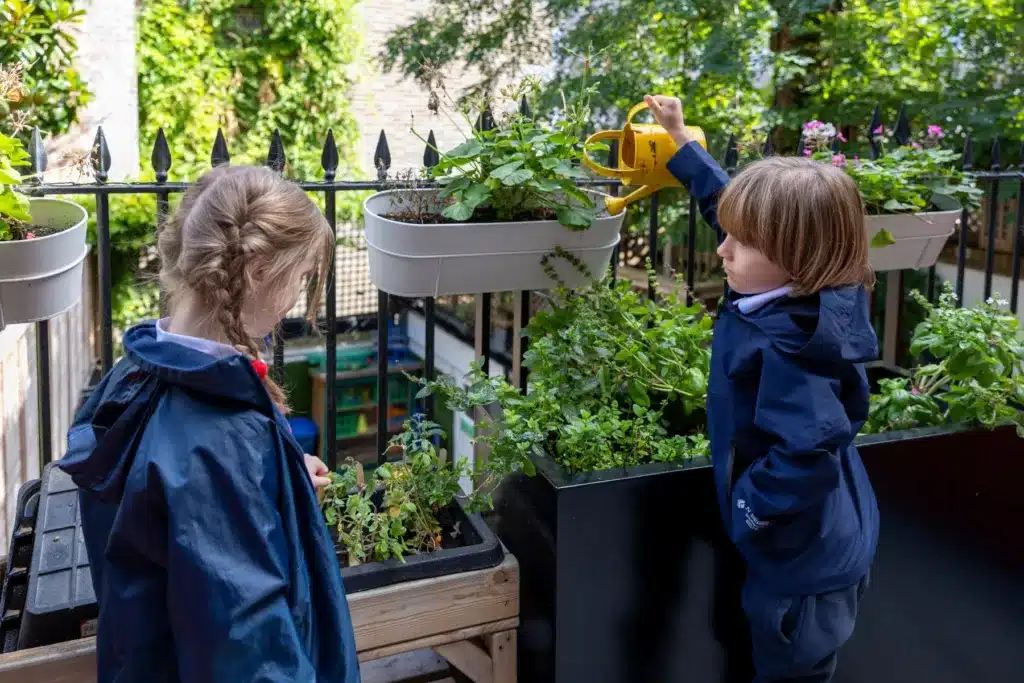
Large schools boast of their many extra-curricular options, but all too often they are available only to a select few, leaving many disappointed children and an unwelcome sense of competition and failure. In smaller settings, it’s possible to offer activities to all children equally. At Cameron Vale School, all children from nursery to Year 2 are able to experience a weekly Forest School experience throughout the year. The benefits of outdoor learning are widely documented and the hugely popular scheme would be highly complex to administer in a larger setting. Cameron Vale is also applauded for its excellent French teaching, which adds to the broad, balanced and enriching curriculum that is accessible to all pupils.
Secondary transfer
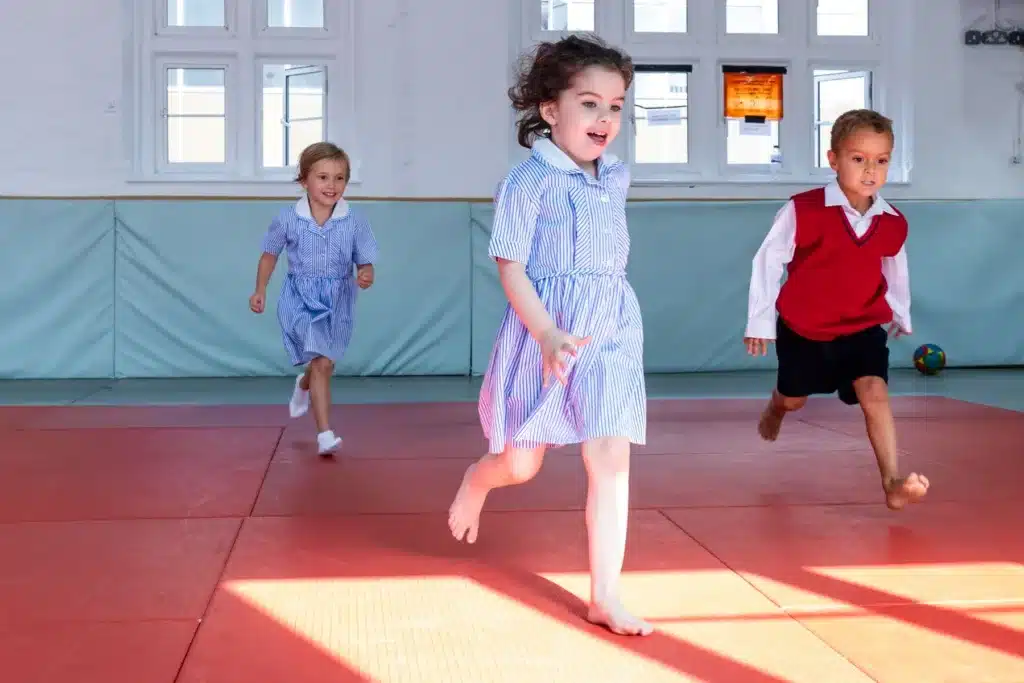
Finding a suitable secondary school is a source of huge stress for many parents and it’s enormously valuable to have input from teachers. When a school knows its children well, and has close ties with relevant destination schools, it’s well placed to advise parents on choosing the most suitable school for their child, and to prepare each child for the relevant examinations. Here, too, a small school is able to offer a personalised approach. Cameron Vale School is heavily involved in the school selection process for
all of its pupils. The head explains: “Over the years we have established excellent relationships with many of the leading schools in the area, and as such we can suggest the school which we feel will be the perfect fit for your child.” The school has an excellent record in obtaining places at selective independent schools, including several scholarships.
Cameron Vale School’s next open day is on Wednesday the 22nd of November 2023.
